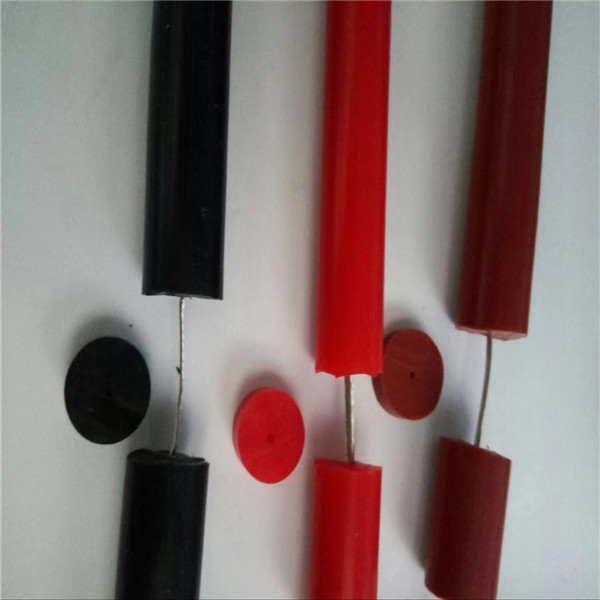News
How to choose high temperature cable and wire?
The long-term allowable load flow of the cable refers to the current value at which the conductor temperature of the
high-temperature-resistant cable can reach the long-term allowable operating temperature when the high-temperature
resistant cable passes current. The size of the load flow mainly depends on the maximum allowable working temperature
of the product, which has a great relationship with the power-on working system, wire and cable laying methods and
environmental conditions. Generally speaking, the load flow refers to the allowable working current under long-term
continuous load operation, and is converted accordingly in other cases.
Wires and cables used for power and lighting lines require wires for some special places, such as vehicle high-voltage
point front lines and compensation wires for instrument measurement systems, that is, no-load flow requirements.
It is correct that the cable manufacturer only provides the data of the cable cross section, but not the rated current of the cable.
Since the rated current of the cable is related to the environment, the working continuity of the load, the allowable working t
emperature of the cable insulation data, the allowable voltage drop of the cable and other parameters, the buyer's electrical
designer should comprehensively consider and select the appropriate cable section.
By now, someone has misunderstood the economics part of cable. Some designers and owners believe that the smallest part
of the cable is the economical part, provided that the temperature rise does not exceed the specification, which is a misconception.
Because he ignores the economic loss caused by the cable itself. Under the same load, the larger the cable cross-section,
the lower the current density of the cable and the lower the energy consumption of the cable.
The temperature rise of the cable is related to the current density. The higher the current density, the higher the temperature rise.
The service life of the insulation data is also related to the operating temperature of the insulation data. The higher the operating
temperature of the insulation data, the shorter its service life. The economic cross-section of high-temperature cables is a
comprehensive parameter that involves the initial investment cost of the cables, the service life of the high-temperature cables,
and the service life of the cables. The concept generally recognized in China is that the economic cross-section of the cable is
only twice the temperature rise cross-section.





